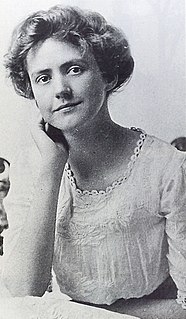A Quote by Marshall McLuhan
The mark of our time is its revulsion against imposed patterns.
Related Quotes
There are only patterns, patterns on top of patterns, patterns that affect other patterns. Patterns hidden by patterns. Patterns within patterns. If you watch close, history does nothing but repeat itself. What we call chaos is just patterns we haven't recognized. What we call random is just patterns we can't decipher. what we can't understand we call nonsense. What we can't read we call gibberish. There is no free will. There are no variables.
Mental patterns do not originate out of inorganic nature. They originate out of society, which originates out of inorganic nature. And, as anthropologists know so well, what a mind thinks is as dominated by biological patterns as social patterns are dominated by biological patterns and as biological patterns are dominated by inorganic patterns. There is no direct scientific connection between mind and matter. As the atomic scientist, Niels Bohr, said, "We are suspended in language." Our intellectual description of nature is always culturally derived.
Language and, presumably, literature are more ancient and inevitable, more durable than any form of social organization. The revulsion, irony, or indifference often expressed by literature toward the state is essentially the reaction of the permanent-better yet, the infinite-against the temporary, against the finite.
The mind is a magnet and we attract that with which we identify the self. In order to get the most out of life we must learn consciously to change many of our habitual thought patterns. This is not easy, for our old thought patterns cling to us with great tenacity, but, being thought patterns, they can be reversed. If you are filled with fear, refill yourself with faith, for faith always overcomes fear.




































